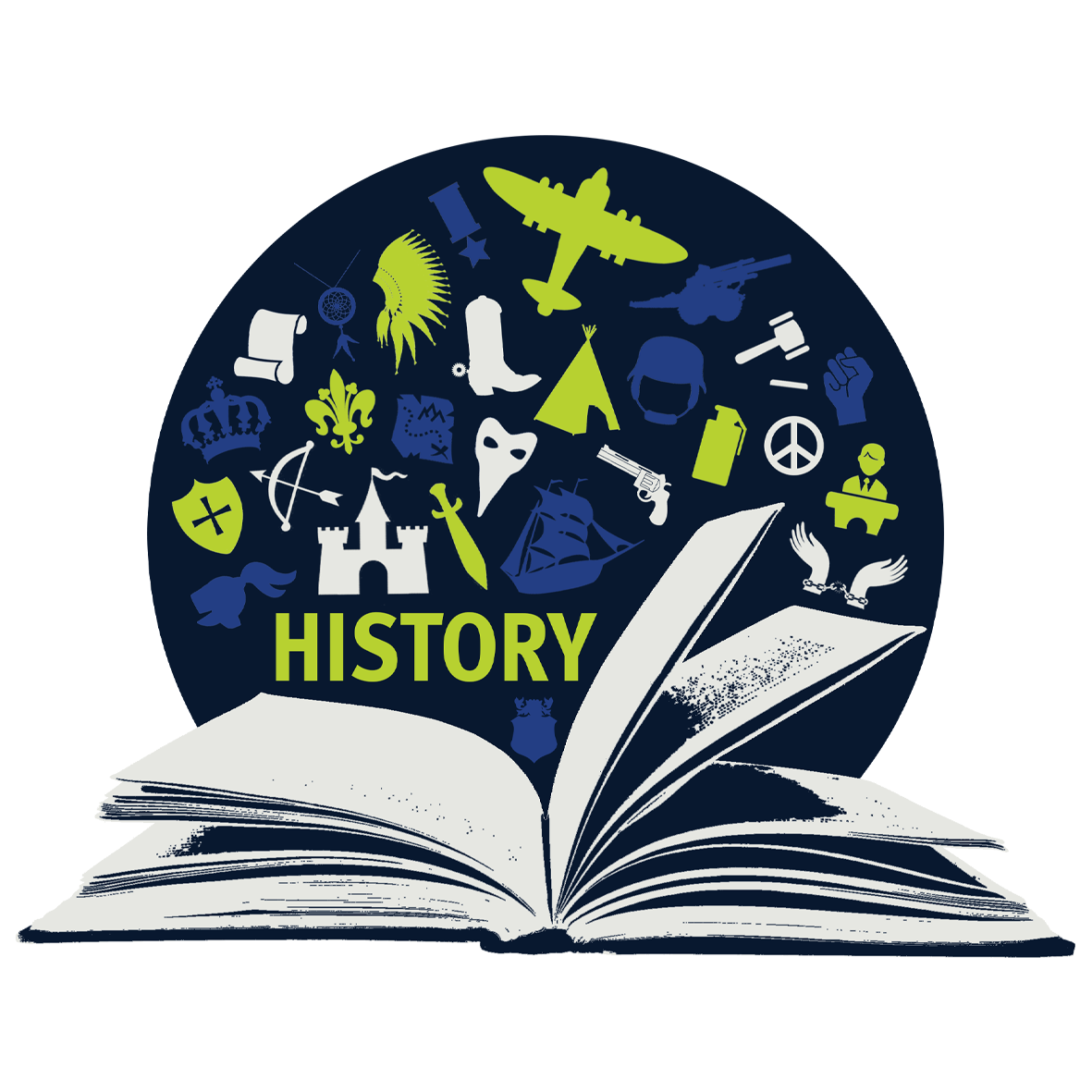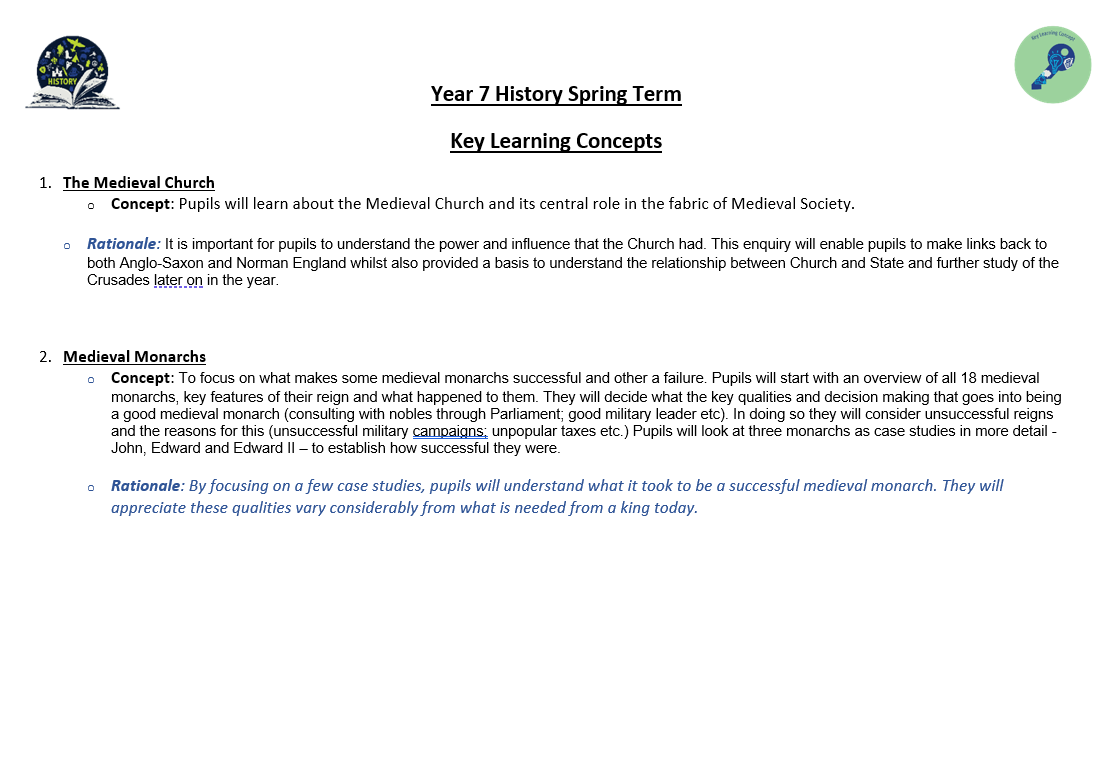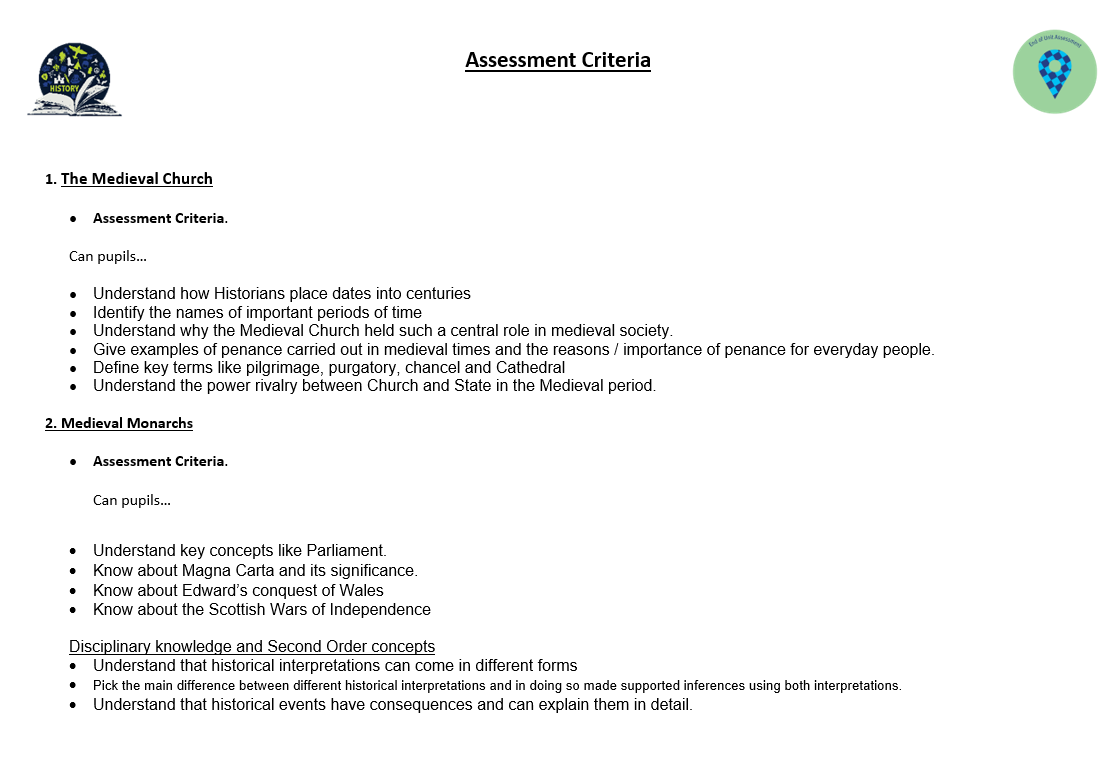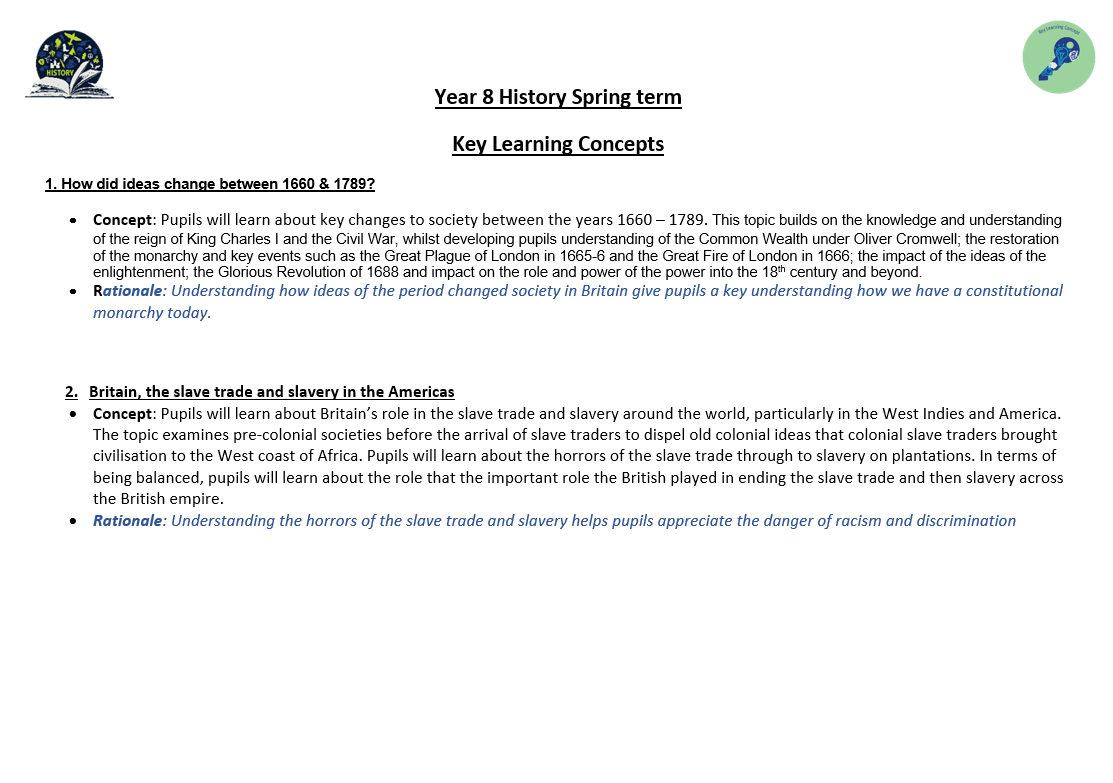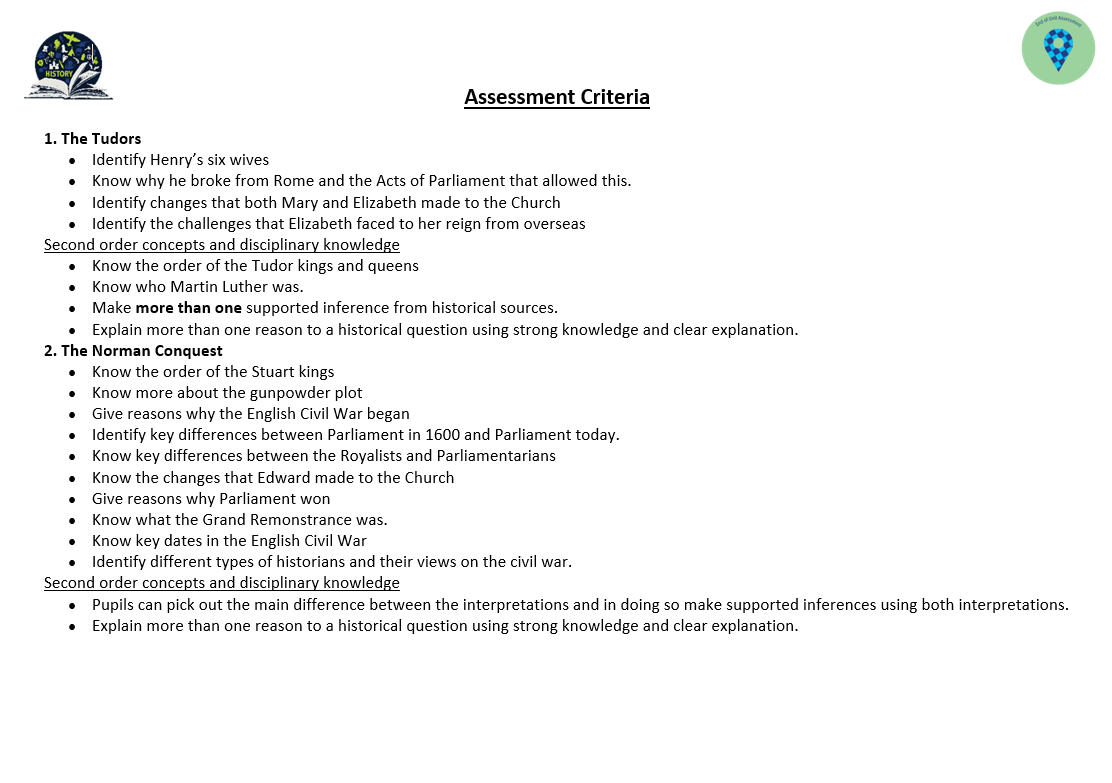history
SUBJECT OVERVIEW
The History Department aims to inspire a love of history in our students and an appreciation of its importance. We aim to instil a curiosity about the past, that will project forward into a life-long love of the subject.
There are four full-time members of the department, all of which are specialist History teachers. The team comprises of Mr Dallow (Head of History), Mrs Sheldon, Miss Barry and Mr Timmins.
All pupils follow a 3 year KS3 and 2 year KS4. This is to ensure pupils have the breadth and depth of study at KS3.
Intent
At Redhill School we want pupils to have a deeper understanding of historical facts. Pupils will analyse the ‘second order concepts’ such as cause/consequence, historical interpretations, change/continuity etc. These second order concepts will be embedded into our curriculum to provide pupils opportunities to develop the important skills of analysis, argument and justification that are inherent in historical thinking. We want our pupils to understand how history is constructed and that History is perpetually changing and complex in nature. Throughout the curriculum we will expose pupils to the work of professional historians and carefully map out the disciplinary language that historians use to explain the world, so pupils are being taught to think, write and speak like a historian would. KS4 pupils study Edexcel exam board. Four topics are covered over the course of three years: the history of British medicine / WWI and medicine (Thematic and historic environment study), Anglo-Saxon and Norman England (British Depth study), American West (period study), USA – Civil rights and Vietnam (Modern Depth Study). We feel these topics give them a broad and deep understanding of aspects of British and World History. The American studies give pupils an appreciation of the struggle that different races have experienced and the dangers of racism and discrimination. We hope that these topics enable pupils to recognise the importance of fundamental British values of liberty and tolerance.
WIDER SCHOOL OPPORTUNITIES
History at Redhill aims to develop socially active and politically conscious citizens. It is integral that pupils leave Key Stage 3 with an understanding of Britain’s place in the world, how its institutions have come to be developed and critical themes in History. However, we recognise that our pupils live in an increasingly globalised world. That’s why although significance is placed on British History, we also develop their wider understanding of other country’s histories at Key Stage Three. This is done with topics in year 7 such as the Crusades, precolonial civilisations in year 8 and the world events of the 20th century in year 9.
History Curriculum
Year 7 spring Term
Year 8 spring Term
Year 9 autumn term
Year 10 autumn term
Year 11 autumn term
Spiritual Moral Social and Cultural development
Spiritual development – In History pupils are taught a lot about the religious and spiritual beliefs, and the customs, of different societies. They learn about how important those beliefs are to the different people. They also study the importance of different beliefs and how they have helped shape society today. Pupils are taught about persecution (Holocaust – Y9) and the importance of tolerance (Pilgrim Fathers – Y8).
Moral development – Pupils learn about people in different societies in the past and the present and they are encouraged to make comparisons with society in Britain today. They learn about the different cultures, laws and the values of the people in those societies. Pupils are encouraged to make moral judgements about people in the past from a historical point of view. For example, when studying 'Britain 1066-1500' Year 7 pupils discover what it would have been like to live in the Middle Ages, for example they learn about how society was organised and decide whether people could get justice in the Middle Ages.
Social development – The social development of the pupil is carried out in a number of ways within the History Department. Pupils learn about people in different societies in the past and the present and they are encouraged to make comparisons with society in Britain today. They learn about the different cultures, laws and the values of the people in those societies. Where necessary, pupils are reminded about the correct behaviour during lessons and inappropriate behaviour is followed up with the appropriate sanctions.
Cultural development – Throughout their course of study, pupils learn about our cultural heritage as well as learning that the world is made up of different cultures. One of the main aims of teaching history to pupils is to help them understand the present in the context of the past and to give the pupils a sense of identity. We live in a country and a world where problems and opportunities are the result of decisions made in the past.


